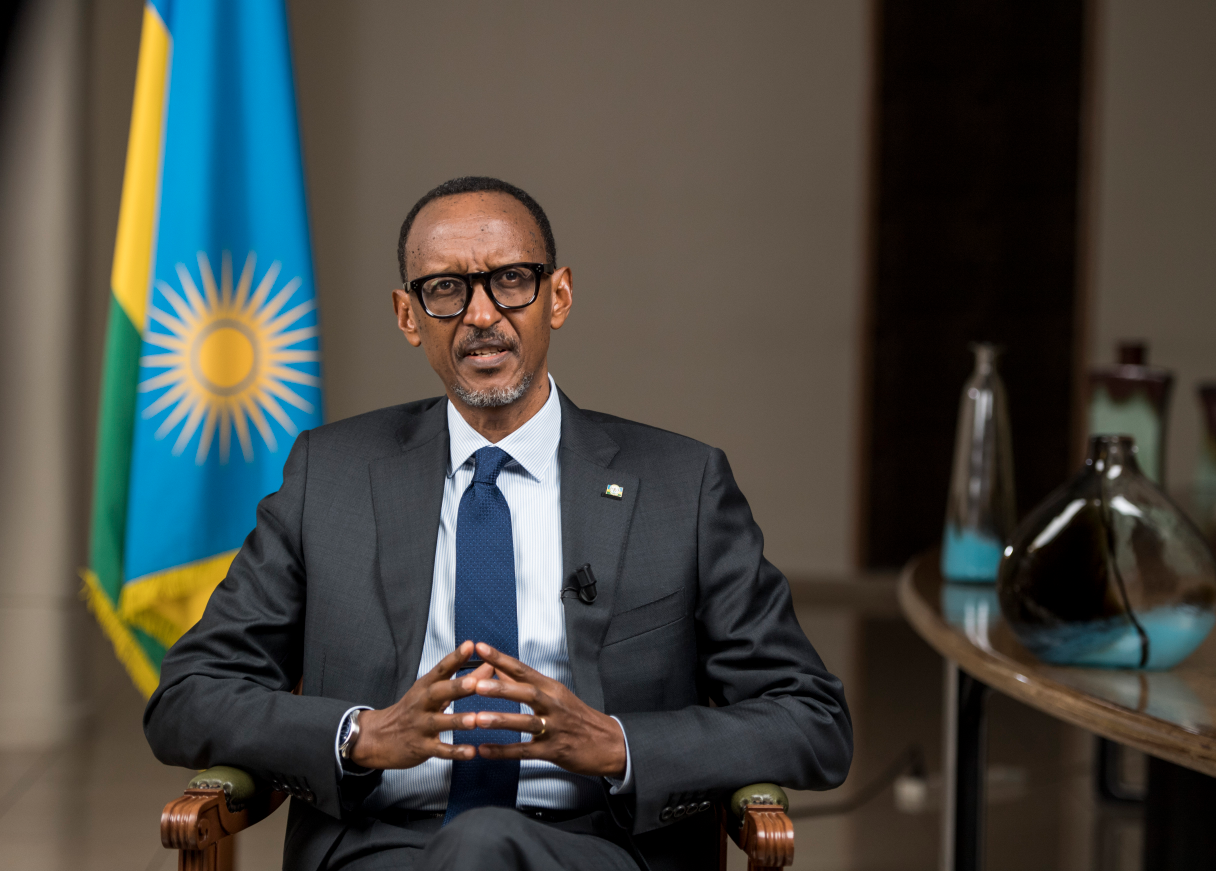News
Nigeria Reels as 315 Pupils Abducted in Niger, 50 Escape

Nigeria Reels as 315 Pupils Abducted in Niger, 50 Escape
Fifty of the 315 children abducted from St Mary’s Catholic School in Papiri, Niger State, on Friday have escaped and have been reunited with their families, the Christian Association of Nigeria (CAN) has confirmed.
The remaining 265 pupils and 12 teachers are still in captivity, prompting a large-scale military-led search and rescue operation across the state.
Police said the attackers stormed the school around 2:00 a.m., taking the students from their dormitories.
Governor Mohammed Umaru Bongo on Saturday ordered the closure of all schools in Niger State, describing the situation as “not a time for blame game.”
Similar school closures have been enforced in Kebbi, Katsina, Yobe, and Kwara states following recent abductions.
The escape reportedly occurred between Friday night and Saturday morning and has brought relief to families and communities.
Parents expressed joy at the safe return of their children.
In a separate incident, 38 people abducted from a church service in Eruku, Kwara State, last week were freed on Sunday.
Two people had died during the attack on Christ Apostolic Church in the town.
The Pope expressed “immense sadness” over the abductions and urged the authorities to act swiftly to ensure the release of the remaining victims.
Kidnappings for ransom, often carried out by armed groups known as bandits, have increased across the northwest of Nigeria.
Despite a ban on ransom payments, attacks continue to rise.
Earlier on Monday, more than 20 pupils were kidnapped from a boarding school in Kebbi State, leading to the closure of all secondary schools and colleges in the state.
President Bola Tinubu postponed foreign trips, including the G20 summit in South Africa, to address the escalating security challenges.
While claims have circulated abroad suggesting Christians are being specifically targeted in Nigeria, government sources maintain that terrorists attack all citizens indiscriminately.
Most attacks, they say, occur in predominantly Muslim areas, but violence is also linked to resource conflicts between farmers and herders.
The St Mary’s abduction, involving 315 students, surpasses the infamous 2014 Chibok kidnapping, in which 276 girls were abducted by Boko Haram.
Many have since escaped or been released, but some remain missing.
Military, police, and local vigilantes continue to comb forests and remote areas in search of the remaining victims.
News
Court, Congress Pile Pressure on DHS Over Minnesota Operations

Court, Congress Pile Pressure on DHS Over Minnesota Operations
US House Democrats have threatened to begin impeachment proceedings against Homeland Security Secretary Kristi Noem over her handling of the immigration crackdown in Minnesota, unless President Donald Trump removes her from office.
House Minority Leader Hakeem Jeffries warned that Democrats could proceed “the easy way or the hard way,” describing the actions of Noem’s department as “disgusting.”
The crisis follows the fatal shooting of US citizen Alex Pretti by a federal agent, which has triggered backlash in Minneapolis and led to the planned departure of Border Patrol Chief Gregory Borvino and some agents from the city.
Trump has deployed his “border tsar,” Tom Homan, to take charge of on-the-ground operations, while a Minnesota judge has ordered acting ICE director Todd Lyons to appear in court over alleged violations of court orders.
Trump has distanced himself from claims by senior adviser Stephen Miller that Pretti was a “would-be assassin,” saying he did not believe the victim was acting as one.
Video footage shows Pretti holding a phone while filming agents, not a gun, although police say he was a legal firearm owner.
News
UN Raises Alarm Over ‘Spare No-One’ Rhetoric by South Sudan Army Chief

UN Raises Alarm Over ‘Spare No-One’ Rhetoric by South Sudan Army Chief
The United Nations has expressed concern after South Sudan’s Deputy Army Chief, Gen. Johnson Oluny, was heard urging troops to “spare no-one,” including children and the elderly, ahead of military operations in opposition-held areas of Jonglei State.
In a video posted on Facebook, Oluny, addressing members of his Agwelek militia, called for total destruction during the deployment.
The UN Mission in South Sudan condemned the remarks, describing them as “utterly abhorrent,” and warned that inflammatory rhetoric targeting civilians must stop immediately.
South Sudan’s government, however, said the statement did not amount to an official order, insisting it remains committed to protecting civilians.
Minister of Information Ateny Wek Ateny said civilians were being warned only to avoid being caught in crossfire.
The development comes amid escalating fighting in Jonglei, where forces loyal to suspended Vice-President Riek Machar have seized several areas.
The military has ordered civilians, UN personnel and aid workers to evacuate three counties—Nyirol, Uror and Akobo—ahead of an imminent operation.
The UN says more than 180,000 people have been displaced by the renewed violence.
Meanwhile, tensions remain high as opposition forces threaten to advance towards the capital, Juba, a claim dismissed by the army.
South Sudan has been unstable since a 2018 peace deal ended a five-year civil war that killed nearly 400,000 people, but lingering political rivalry and ethnic tensions continue to threaten fragile peace.
Diplomacy
Rwanda sues UK over scrapped migrant deal payments

Rwanda sues UK over scrapped migrant deal payments
The Rwandan government has initiated arbitration proceedings against the United Kingdom, seeking payments it says are owed under the now-abandoned asylum partnership agreement between both countries.
Rwanda has filed the case at the Permanent Court of Arbitration (PCA) in The Hague, arguing that the UK failed to honour financial commitments contained in the deal signed under the former Conservative government.
The agreement, designed to relocate some asylum seekers from the UK to Rwanda, was scrapped in 2024 by Prime Minister Sir Keir Starmer, with the Home Office saying about £220m in future payments would no longer be made.
UK authorities insist the policy was costly and ineffective, pledging to defend the case to protect taxpayers’ funds.
Rwanda, however, says the arbitration concerns unmet treaty obligations and is seeking a legal determination of both parties’ rights under international law.
The PCA lists the case as pending, with no timetable yet announced for hearings or a ruling.
-

 Analysis6 days ago
Analysis6 days agoThe Agony of a Columnist, by Alabidun Shuaib AbdulRahman
-

 Analysis5 days ago
Analysis5 days agoNow That Nigeria Has a U.S. Ambassador-Designate, by Boniface Ihiasota
-

 Diplomacy5 days ago
Diplomacy5 days agoCARICOM Raises Alarm Over Political Crisis in Haiti
-

 News6 days ago
News6 days agoTinubu Unhurt After Brief Stumble at Turkey Reception
-

 News6 days ago
News6 days agoMacron invites Chad’s Déby to Paris amid push to reset ties
-

 News6 days ago
News6 days agoCourt, Congress Pile Pressure on DHS Over Minnesota Operations









